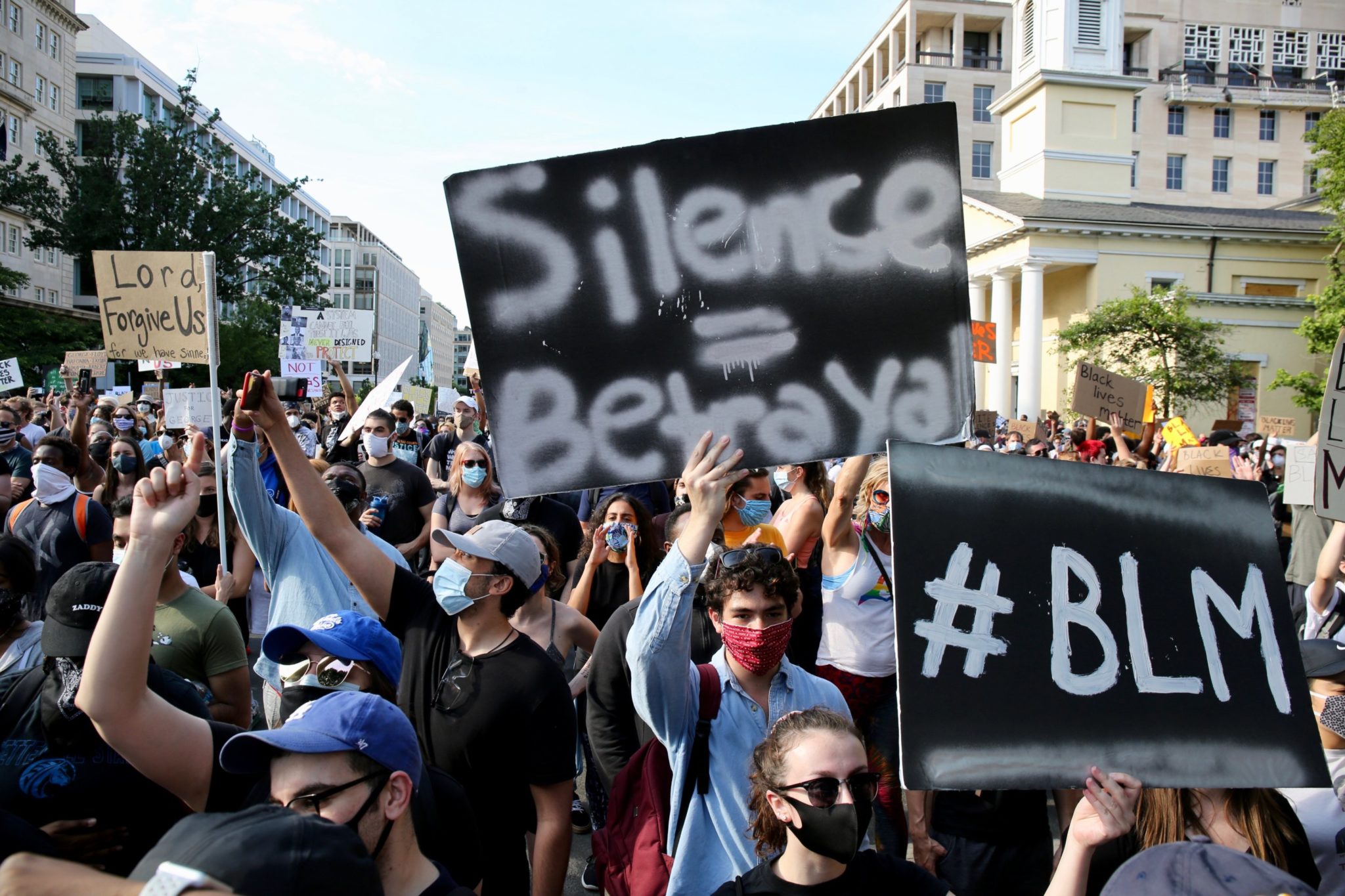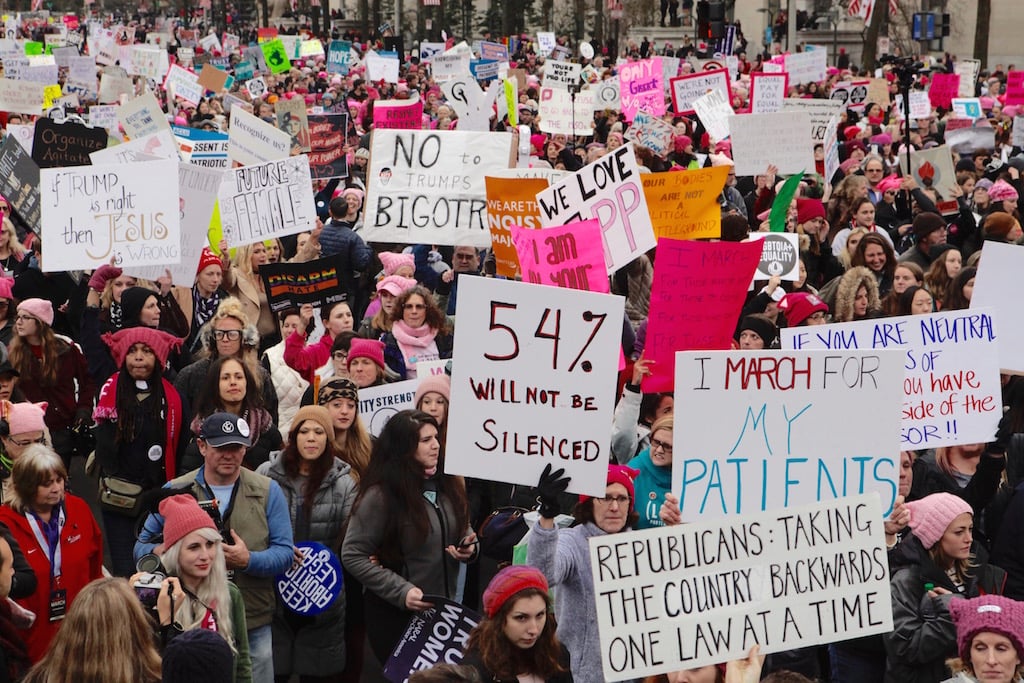Is it ethical to attend a demonstration during the Covid-19 pandemic?
Dr. Karen Stohr, PhD, associate professor of philosophy at Georgetown University and senior research scholar at the Kennedy Institute of Ethics at Georgetown University:
In one sense, this is an easy question. Protesting racial injustice is an essential activity. Attending a demonstration might be riskier in a pandemic, but that certainly doesn’t make it unethical. Human lives are at stake either way.
But there’s another sense in which this is not an easy question. The burdens of Covid-19 are being borne disproportionately by people of color. African Americans are becoming ill and dying at alarmingly high rates, a situation which is demonstrably rooted in racial injustice. The economic costs of the pandemic are also unequally distributed. Consider, too, that while wearing a mask helps prevent Covid-19 from spreading, it can raise additional risks for African Americans already fighting racist perceptions of them as threatening or dangerous. I don’t know whether the protests happening around the country will have a negative effect on infection rates, but if they do, it seems very likely that African Americans will suffer the brunt of that as well. This is a terrible situation from an ethical standpoint, since it layers injustice on top of injustice.
Everyone should be concerned about the devastating impact of the pandemic on African Americans, and each of us, regardless of race, has a moral responsibility to do what we can to minimize and ameliorate it. Obviously anyone who has symptoms of Covid-19 or has reason to think they’ve been exposed to it should not demonstrate elbow-to-elbow with other people. But we know that people can spread the virus without realizing that they’re ill. So the most ethically responsible way to protest is to do so as carefully as you possibly can. Wear a mask if you are able to do so safely, bring hand sanitizer if you have it, and do your best to minimize transmission of droplets when you’re shouting, singing, or talking. If you have extra masks, goggles, or hand sanitizer, bring some to share with fellow demonstrators. I think we all have an obligation to be especially careful around senior citizens these days, so give as much extra space to older protesters as you can. And remember that racism takes many forms and requires active resistance on many fronts. If you can’t demonstrate without putting yourself or others at excessive risk, find other ways to support the cause. Whatever you choose to do, the most important ethical task is to make sure your behavior is easing the burdens of racial injustice, not adding to them.


















